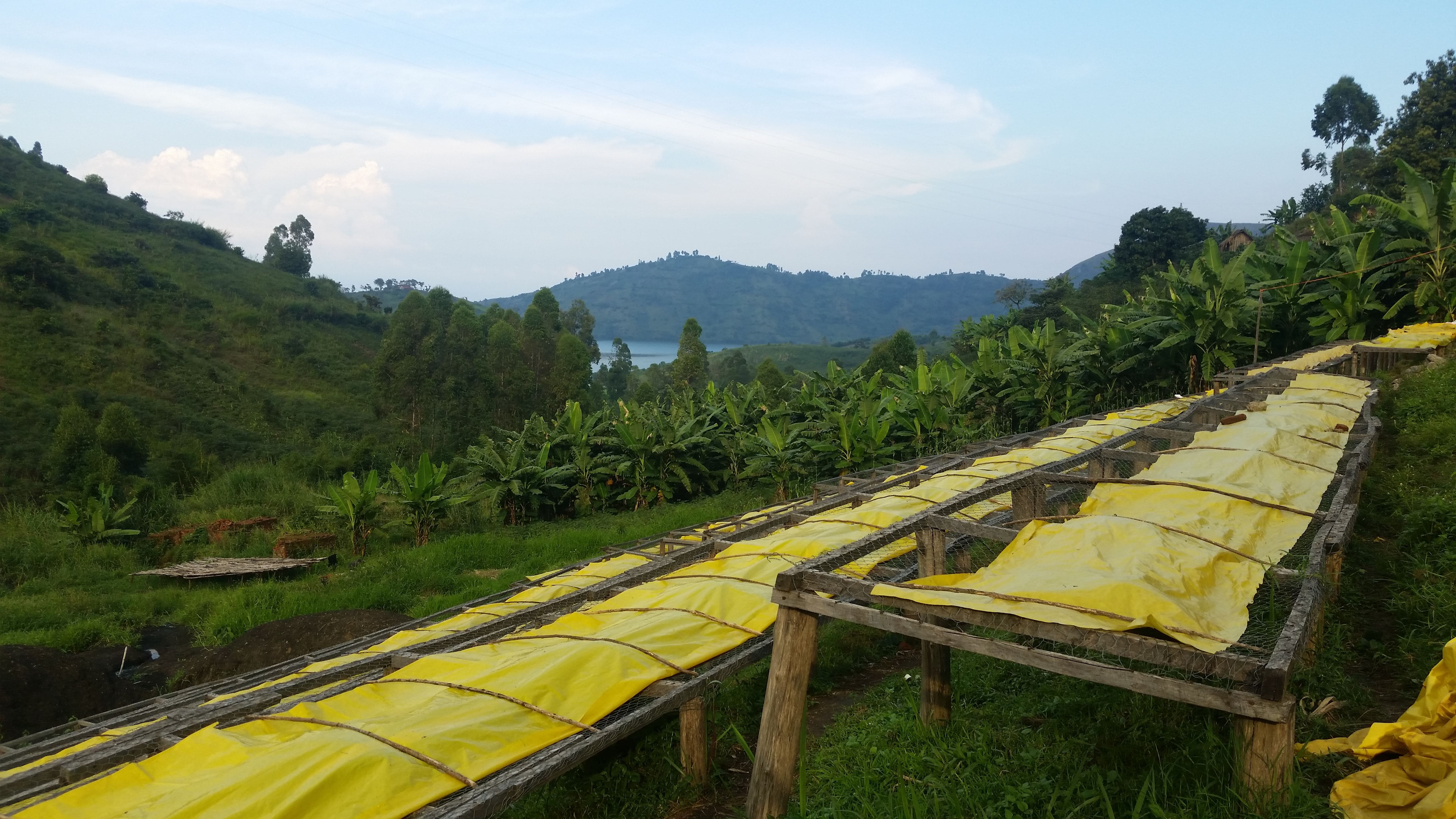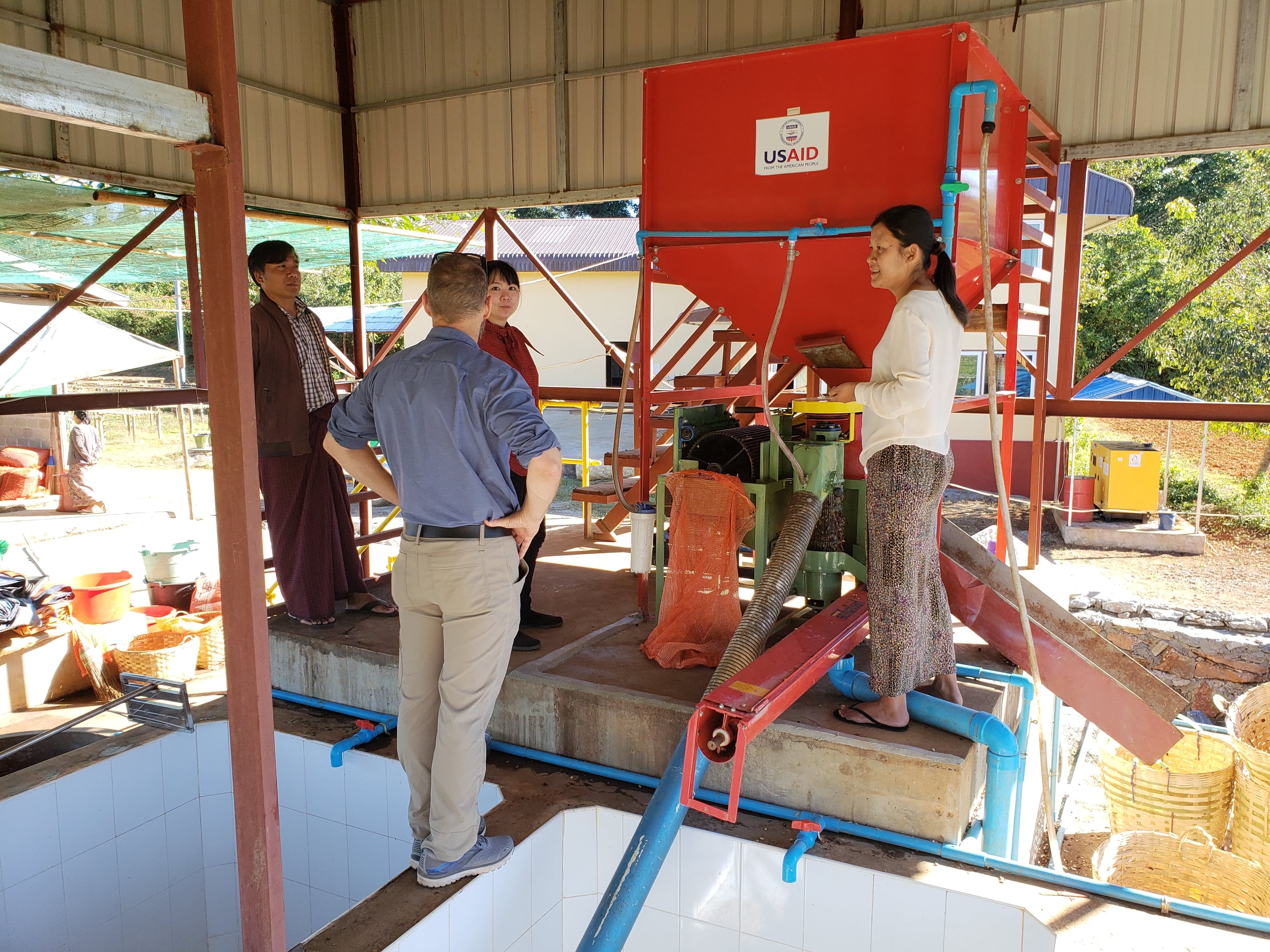

It seems like there are tons of opportunities for impact and growth within Indonesia’s specialty coffee industry. A few other foreign lenders have made inroads into Sumatra but not on a broad scale. Root Capital’s entry into Sumatra as a lender is significant because it gives qualified cooperatives better access to more affordable credit – a well-established practice in Latin America and now Africa, but not as much in Southeast Asia. Since stable coffee cooperatives in Sumatra are a relatively new phenomenon, with many having only four to five years of experience exporting to the specialty market (if not less), these groups often do not have alternatives to loans with high interest rates. Even if they can secure bank loans, the interest rate is often predatory, which can prevent the cooperative from having the necessary capital to invest in infrastructure improvements. This price does not include the Fair Trade social premium paid to cooperatives and farmers.ĭo you foresee the introduction of credit from a lender like Root Capital affecting market dynamics at all?Īccess to credit always has been a challenge for coffee cooperatives in the Gayo Highlands region of Aceh in northern Sumatra. Producers are very aware, especially with the proliferation of cell phones and texting, what the going price is for their coffee, forcing the collectors (including the ones representing Fair Trade cooperatives) to pay the going rate or risk losing out to competing collectors. The collectors sometimes work on behalf of certain exporters but often will pit exporters against each other and see which one is willing to pay the highest price. One of the main differences with the coffee industry in Sumatra is the dominance of “collectors” who buy washed coffee from small-scale producers, since there are very few large producers on the island. This phenomenon happened at the beginning of the 2010-11 harvest and then again during the 2013-14 harvest. As a result, any blips in the supply chain – whether real, projected, or rumored – coupled with high demand can cause the internal market to spike even without a corresponding increase in the international market price (known as the ‘C’ market). specialty market so demand for it is consistently strong, particularly from a few leading specialty roasters who buy large volumes every year. The Sumatra profile has become very popular in the U.S. For one thing, the traditional cup profile is so unique that replacing a Sumatra as either a single-origin or a blend component can be challenging, to say the least. The coffee industry in Sumatra is quite different from anything I have seen in the producing world.

Can you paint a picture of what the Sumatran coffee industry looks like? How does it compare to others, specifically those in Latin America and Africa?

We’ve just recently entered the Indonesia market, making loans to three coffee enterprises in Sumatra. Īl Liu (in green) with collectors at Koperasi Permata Gayo in Bener Meriah, Sumatra.įor the last 15 years, Root Capital has been focused lending to rural businesses in Latin America and Africa. We recently sat down with Al to get a coffee insider’s perspective on the Indonesian coffee market, the country’s smallholder landscape and the significance of Root Capital’s new presence in Sumatra. As a trader and certified coffee specialist for Atlas Coffee Importers, Al has traveled extensively throughout the world’s coffee lands, including those in Indonesia – the latest country added to Root Capital’s growing roster of coffee-growing locales.

Al Liu, former board director of the Specialty Coffee Association of America (SCAA), is a true coffee connoisseur.


 0 kommentar(er)
0 kommentar(er)
